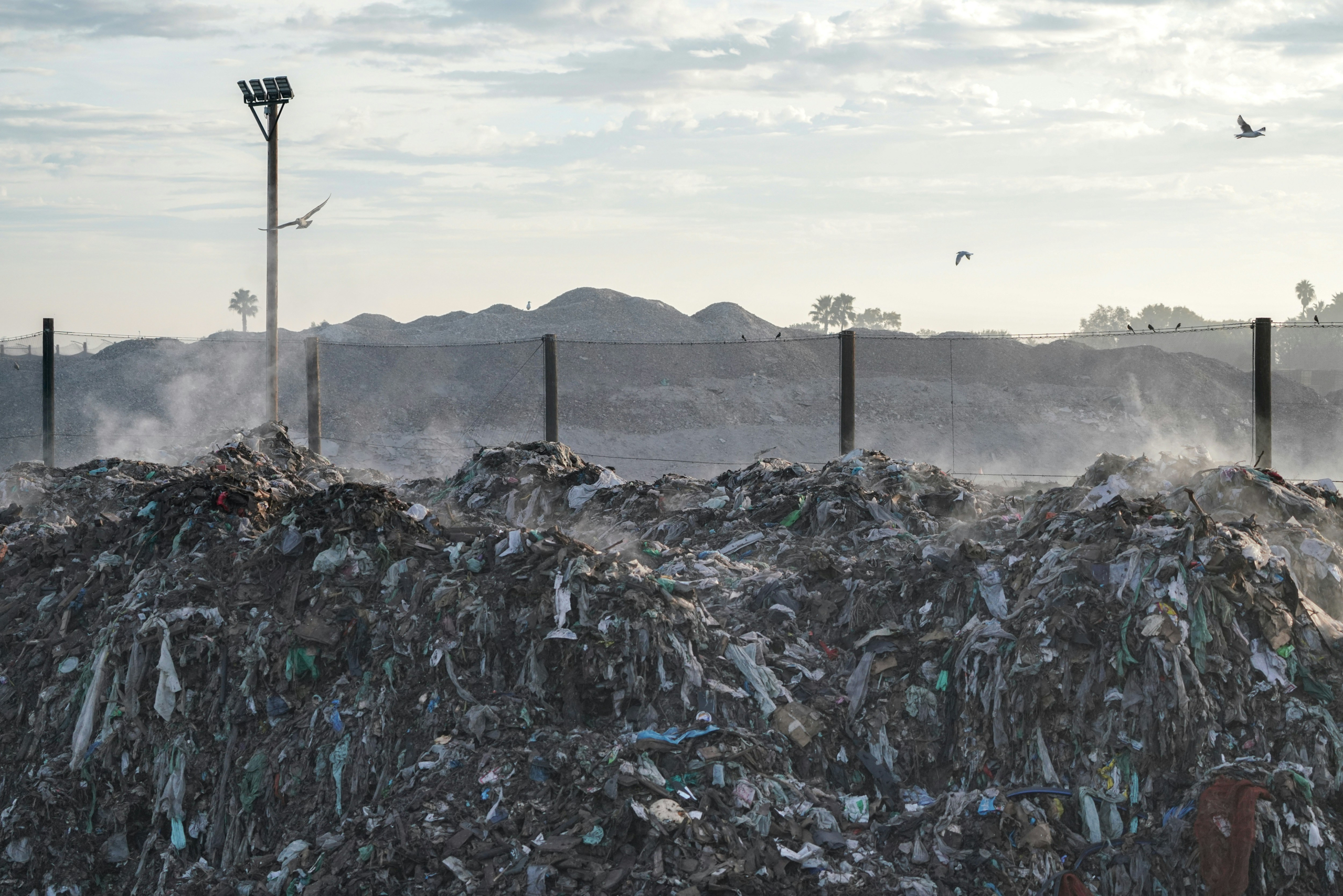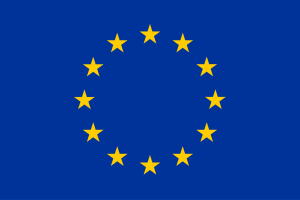EMERITUS aligns with the new EU strategy on environmental crime
Environmental crimes pose a severe threat to our planet, affecting ecosystems, human health, and global economies. Despite existing efforts, the criminal justice response to environmental offenses has struggled to keep pace with the growing scale of the problem. The European Commission recently welcomed a significant development in this regard; a provisional agreement between the European Parliament and the Council on a new directive aimed at enhancing the protection of the environment through criminal law.
The provisional agreement demonstrates the European Union’s commitment to combating environmental crimes effectively. Once formally adopted by the European Parliament and the Council, the new Environmental Crime Directive will come into force twenty days after its publication in the Official Journal of the European Union.
Under the new legal framework, Member States will be required to enhance the precision of their criminal laws regarding environmental offenses. This includes defining specific categories of offenses and imposing effective dissuasive sanctions on offenders. The goal is clear: to ensure that serious environmental crimes do not go unpunished, thereby deterring pollution and environmental degradation.
The new Environmental Crime Directive
The directive introduces standardised sanctions for both natural and legal persons across EU Member States. For instance, criminal offenses like illegal collection and treatment of waste or illegal trade of timber will incur maximum penalties of at least five years of imprisonment and fines not less than 5% of the total worldwide turnover of the offending company or 40 million euros.
Notably, causing particularly serious damage to the environment will be treated as an aggravated offense, attracting higher sanctions. The directive also encourages a tailored response to specific crimes, including specific aggravating circumstances and accessory sanctions.
Persons reporting environmental offenses and cooperating with enforcement authorities will be granted supportive measures in the context of criminal proceedings, fostering a collaborative approach to tackling environmental crimes.
Recognising the complexity of environmental crime as a global phenomenon with cross-border implications, the directive emphasises the need for cooperation and coordination of authorities both within the EU and internationally. The focus is on creating an effective chain of actions involving law enforcement agencies, prosecutors, and courts.
To ensure practical enforcement, national authorities are tasked with developing a strategic approach, providing sufficient resources, and offering appropriate training and tools to practitioners on the ground. This includes inspectors, police officers, prosecutors, and judges who play a crucial role in detecting and sanctioning environmental crimes.
The urgency of the new Environmental Crime Directive is underlined by the growing gap between the criminal justice response to environmental crime and the alarming rate at which such offenses are increasing globally. Despite existing directives, the number of cross-border investigators and convictions within the EU has not kept pace with the annual growth of environmental crime, estimated between 5% and 7%.
Further measures
In a simultaneous move to strengthen environmental protection, the European Commission has additionally welcomed a political agreement on waste shipments between the European Parliament and the Council. This agreement aims to enhance the European Union’s responsibility for waste management, prohibiting the export of plastic waste from the EU to non-OECD countries. The new law will complement the new\\ Environmental Crime Directive, for which a political agreement was also reached yesterday.
The new law also facilitates the sustainable export of recyclable waste to non-OECD nations, under stringent conditions, aligning with the goals of the European Green Deal. The measures emphasise preventing environmental and public health issues in third countries, contributing to the broader strategy of reducing pollution and advancing the circular economy.
Synchronising efforts with EMERITUS
The above-mentioned political agreements strongly align with EMERITUS’ mission. The new directive and law complement the objectives of the project by providing a legal framework that strengthens penalties and sanctions against environmental offenders. As EMERITUS pioneers the development of innovative technological tools and implements effective investigation protocols, such legal developments will serve as a legislative pillar, reinforcing the commitment of the European Union to combat environmental crimes comprehensively.
The provisional agreements on the new directive and law are a significant milestone in the EU’s commitment to addressing environmental crimes comprehensively. By standardising sanctions, encouraging collaboration, and emphasising the severity of environmental offenses, the new legislations mark a turning point in the fight against ecological degradation. As the European Parliament and the Council move toward a formal adoption, the EU takes substantial steps that will set a precedent for more stringent measures worldwide.
Read more about the new Environmental Crime Directive and the political agreement on waste shipments.





